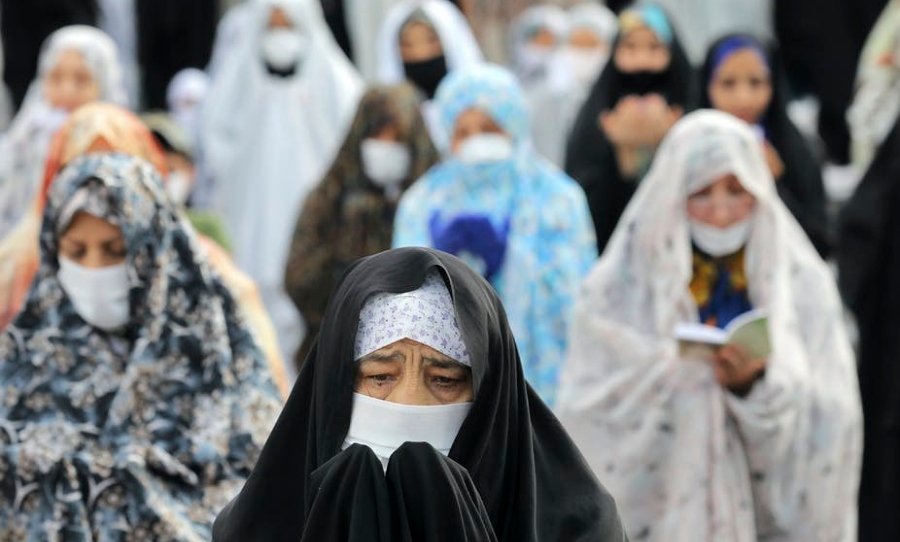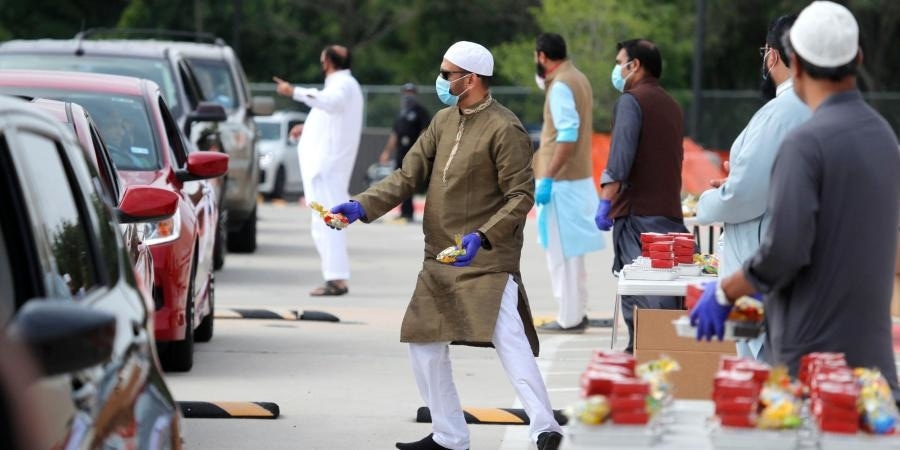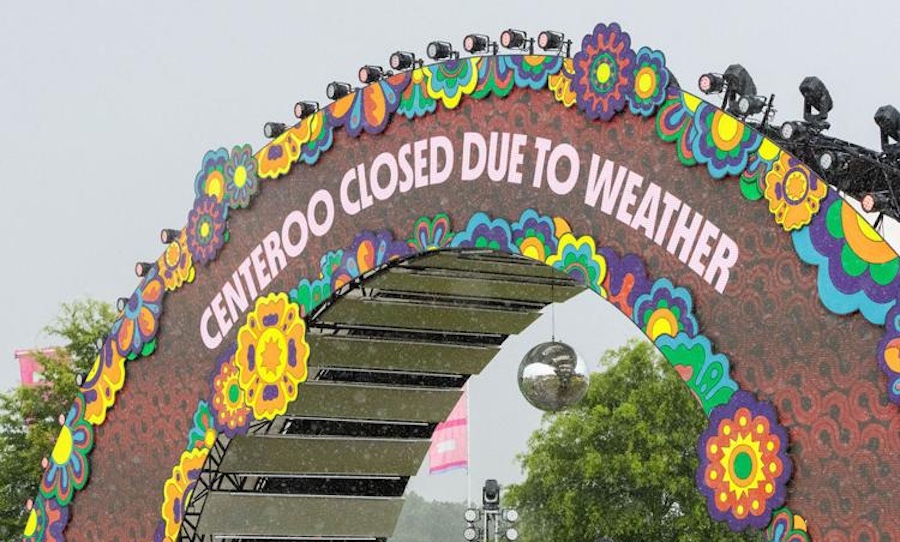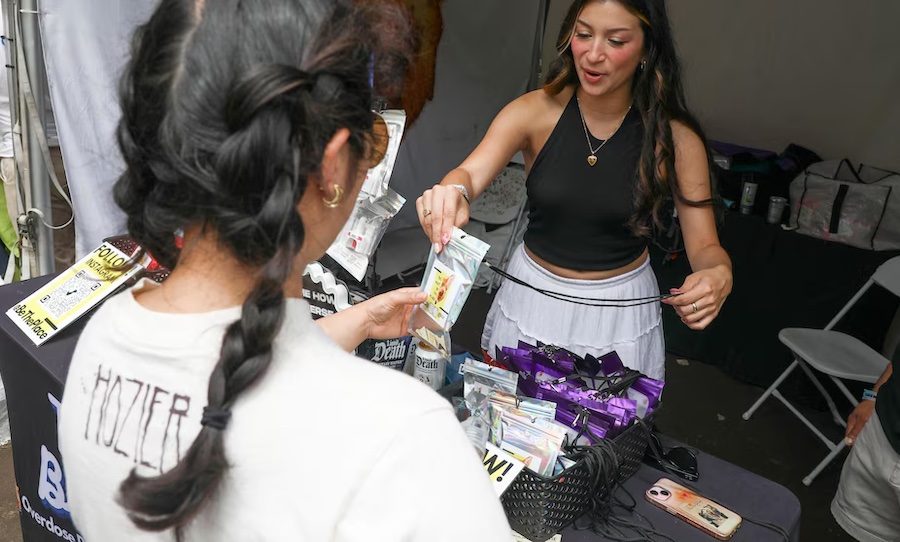Eid al-Adha, or the ‘festival of sacrifice’, is a widespread Islamic celebration that is a significant and active period in Aussie Islamic communities. This year, the tradition will be celebrated in isolation.
The festival is one of the largest in Muslim tradition, lasting three days. Unlike other years, large family gatherings will be disallowed due to the coronavirus pandemic and social distancing laws.

The Islamic Eid al-Adha or the ‘festival of sacrifice’ will be celebrated in isolation this year due to the coronavirus pandemic.
The festival Eid al-Adha is, in fact, larger than Eid al-Fitr, the celebration held at the end of the traditional month of fasting. Muslims usually gather in large groups for prayer, celebration, food, and charitable causes. Many will donate goods and food to various good-will causes.
The COVID-19 outbreak has forced the community to celebrate in other ways this year, as social distancing and lockdown laws prohibit mass gatherings. The Islamic Pillars of Guidance Community Centre (PGCC), in south-east Melbourne, has a number of volunteers that have attempted to adapt to the current environment.
Eid Al-Adha Mubarak ❤️ In a time where isolation and distancing is necessary to safety and survival, I am thinking of those who are observing without family and friends and of those observing despite loss and grief.
— aunty layla (@halalyouth) July 30, 2020
Volunteers will be donating this year through a drive-thru. Abdulah Hamimi, a volunteer at PGCC, described to the ABC: “We thought rather than having a celebration, which of course we can’t, we decided to give back to the community.”
“They don’t get out of their car. It’s literally a drive-through like McDonald’s. You don’t go inside at all.”
#Muslims observed the world’s first day of Eid Al-Adha Friday while adopting instructions to prevent #COVID19 from spreading. #Worshippers in many countries conducted Eid prayers with face masks and maintaining social isolation in a bid to prevent the spread of the #pandemic.
— Sherifa Almasi (@AlmasiSherifa) August 1, 2020
This way, hampers containing hand sanitiser, sweets, food, and goods can be distributed safely. Many who are not eligible for support payments such as JobKeeper or JobSeeker have registered for the hampers. Hamimi added that those who are not apart of the Islamic community have also donated and assisted.
“Eid is a time when communities come together, and a time to share, do good, and provide warmth and comfort. Eid drive-through is just a new way to do it without losing its meaning.”



